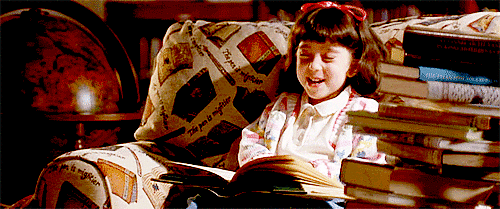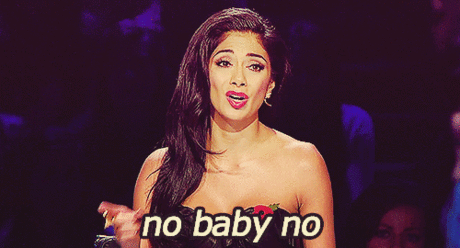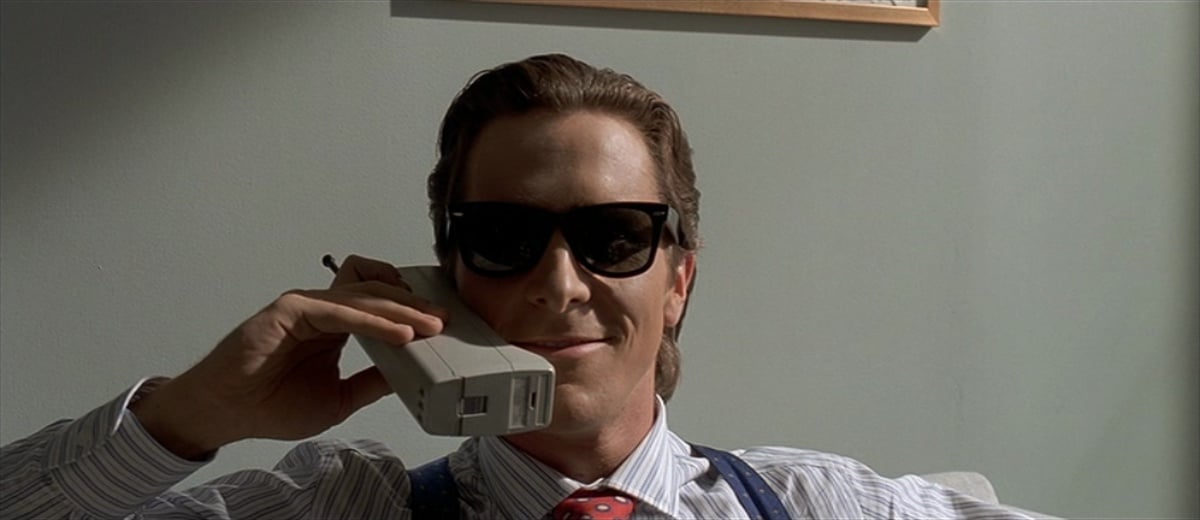Bret Easton Ellis has been a problematic favorite for many, because a lot of people have a lot of love for his works like American Psycho and Less Than Zero, myself included. Both of those books were ones I enjoyed in college (as well as their movie adaptations), and much like the works of Chuck Palahniuk, they did have a satirical quality that I think was often missed by self-proclaimed diehard fans who latched onto the depictions of masculinity without noting the irony.
Still, Ellis has been making waves with his newest book, titled White, a collection of non-fiction essays, described as an “incendiary polemic about this young century’s failings, e-driven and otherwise, and at once an example, definition, and defense of what ‘freedom of speech’ truly means.” Well, Anna Leszkiewicz from The Guardian had her own thoughts about what White really meant to her. Let’s dive into some of my favorite bits from the excellent review.

(image: TriStar Pictures)
Leszkiewicz does an amazing job of highlighting all the ways in which Ellis depicts himself versus the way his work comes across to the reader, especially highlighting the paranoia and ranty nature of the book:
“[…] White, a collection of eight essays that respond to contemporary culture, has all the sound, fury and insignificance of a misguided rant posted at 3am. Except, inexplicably, it has been given the dignity of print publication.”
Then, of course, comes the attacks on the “snowflake” generation who are “crybabies” and “professional victims,” which is a narrative being promoted on both sides on the aisle about millennials despite all the shit we deal with on a daily basis because of previous generations, but yeah … crybabies.
“‘If gay jokes are taken out of the equation, what goes next?’ he asks. ‘Should all ideas and opinions and content and language now be policed?’ One rambling monologue—sparked by the withdrawal of his invitation to a Gay and Lesbian Alliance Against Defamation awards dinner after he had tweeted in poor taste about a gay actor—ends with him asking: ‘And, finally, can they police, ultimately, your dreams?’ Ellis seems to find these questions original, profound and scary, but they read as narcissistic, reactionary and boring.”
The fact that we are often asked, as a society, “who we are” if we can’t tell hurtful and harmful jokes about a marginalized group from a bad faith perspective shows how we as a society are so obsessed with the idea that cruelty is a badge of reality—that being mean is telling the truth, and that comedy can only work if people just nod along and don’t hold comedians to any standards.
“Can they police, ultimately, your dreams?” Sir …

(via ReactionGIFs)
“Each of these anecdotes eventually veers off at a sharp angle into hysterical responses to political correctness, resulting in a pitch-perfect parody of the Old Man Yells at Cloud meme. Teen Vogue exemplifies the ‘authoritarian language police,’ while concepts such as the male gaze prove we live in ‘a dystopian sci-fi movie in which you can express yourself only in some neutered form, a mound, or a clump of flesh and cells, turning away from your gender-based responses to women, to men, to sex, to even looking.’ His style is hyperbolic but without a trace of humour.”
Bret Easton Ellis isn’t someone I consider untalented, but he, like many of his libertarian ilk, think that pushback and requests for some thoughtfulness in who is attacked, and how, means calling for full censorship. Leszkiewicz’s review is excellent not just because it’s scathing, but because it addresses that Ellis wrote an entire book calling out an entire generation as oversensitive babies, just so he could prop himself up as a true arbiter of taste and paint his “friends” as hysterics.
“He saves particular venom for a female friend who ‘suddenly exploded into a spastic rage’ during an evening at which he criticised the “aesthetics” of Black Lives Matter, “ranting, often nonsensically” in a way that was “so angry, so deranged”. He appears to think these nasty caricatures of his supposed friends make him appear like the glacial saviour of logic in an age of hysteria, rather than a resentful, bitter man still caught up in the heat of arguments, years after everyone else has left the restaurant.”
That sounds like some professional victim behavior right there, from one snowflake to another.
(via The Guardian, image: Lions Gate Films)
Want more stories like this? Become a subscriber and support the site!
—The Mary Sue has a strict comment policy that forbids, but is not limited to, personal insults toward anyone, hate speech, and trolling.—










Published: Apr 24, 2019 12:07 pm